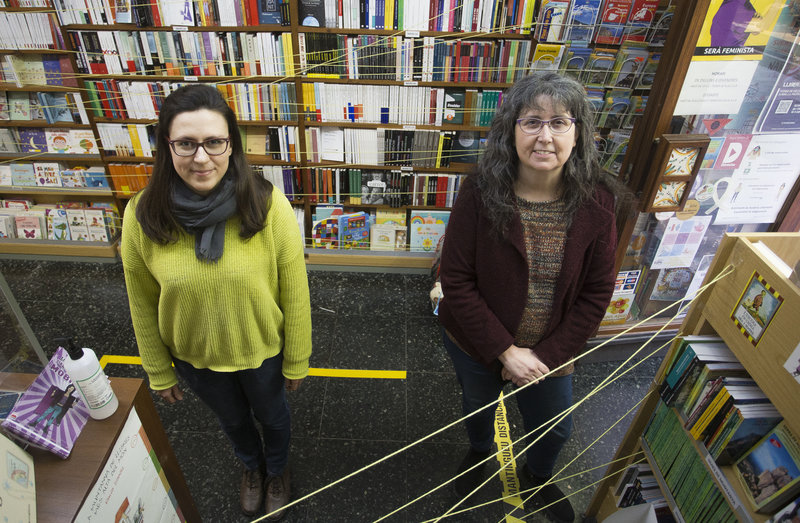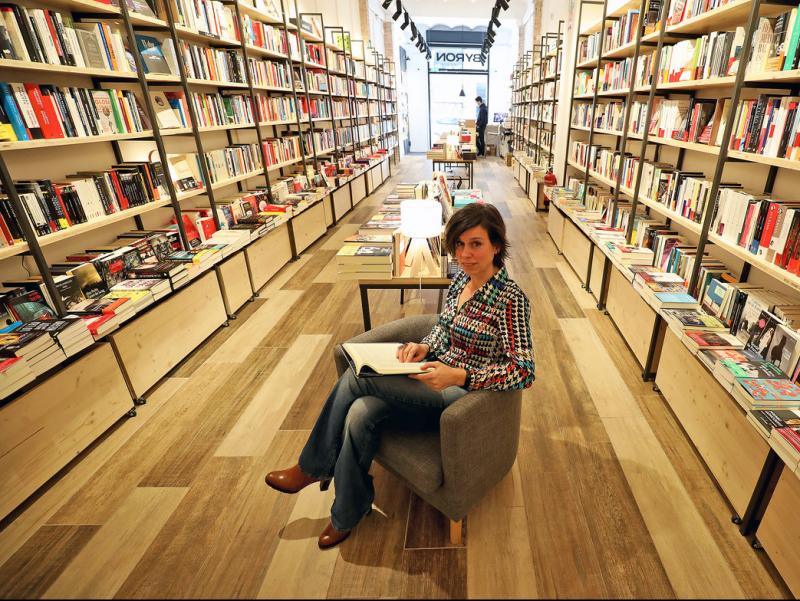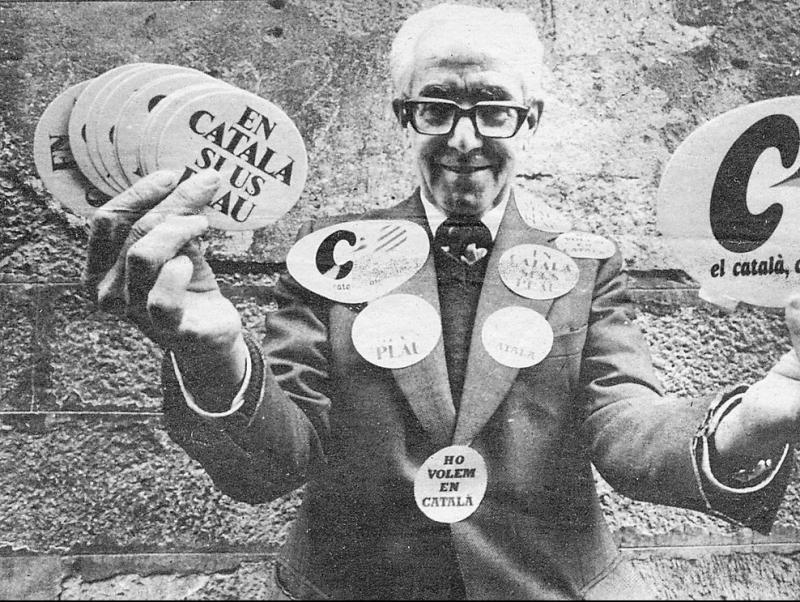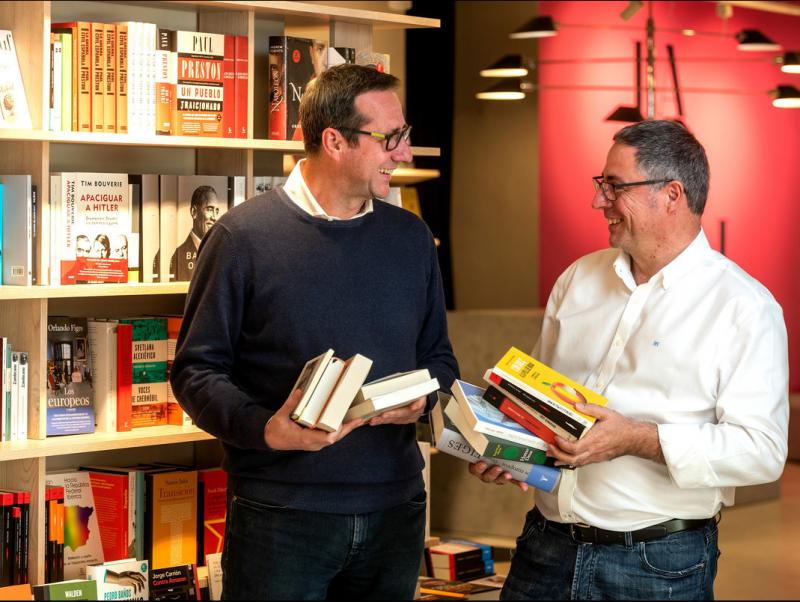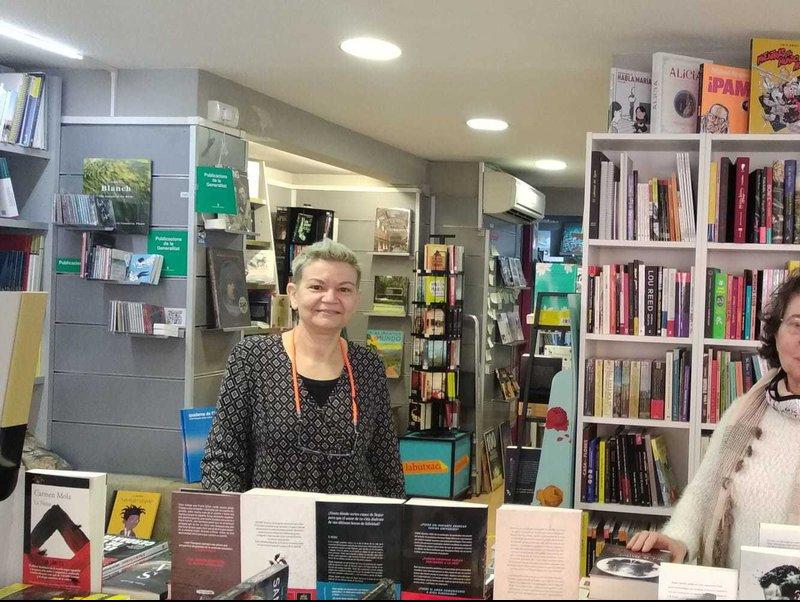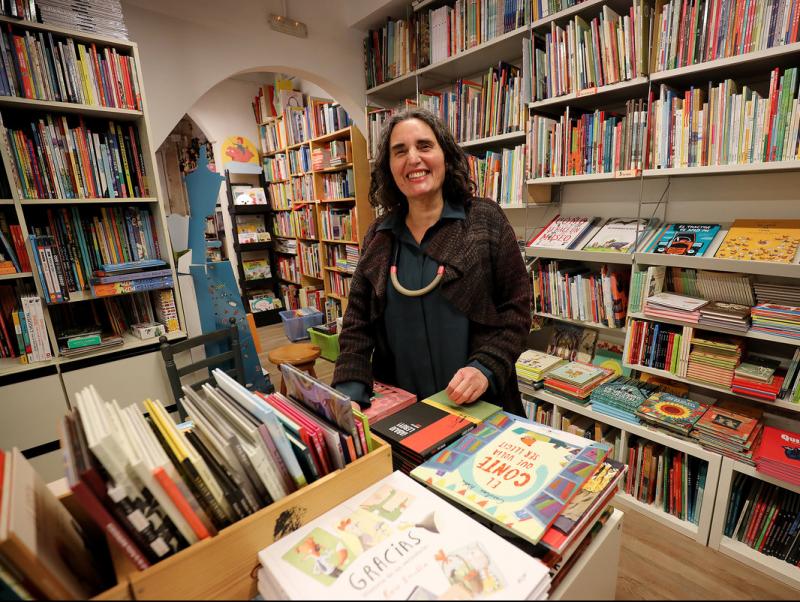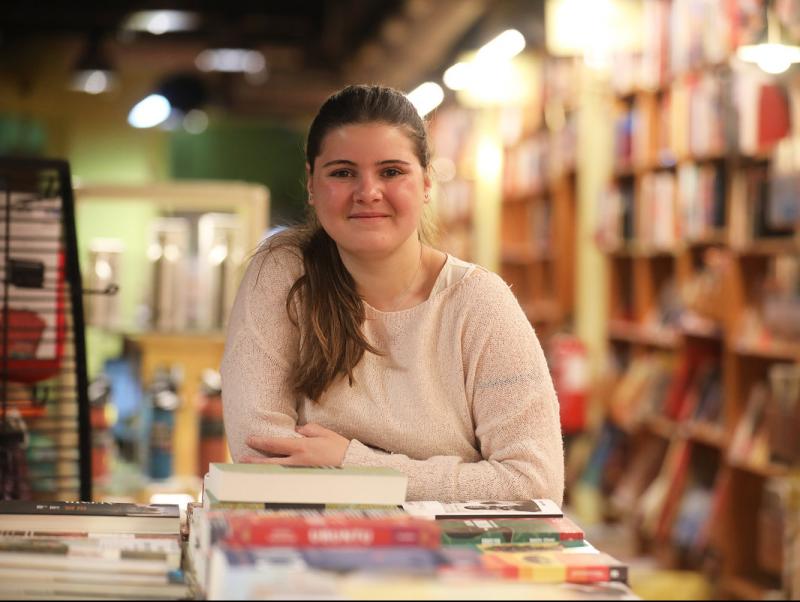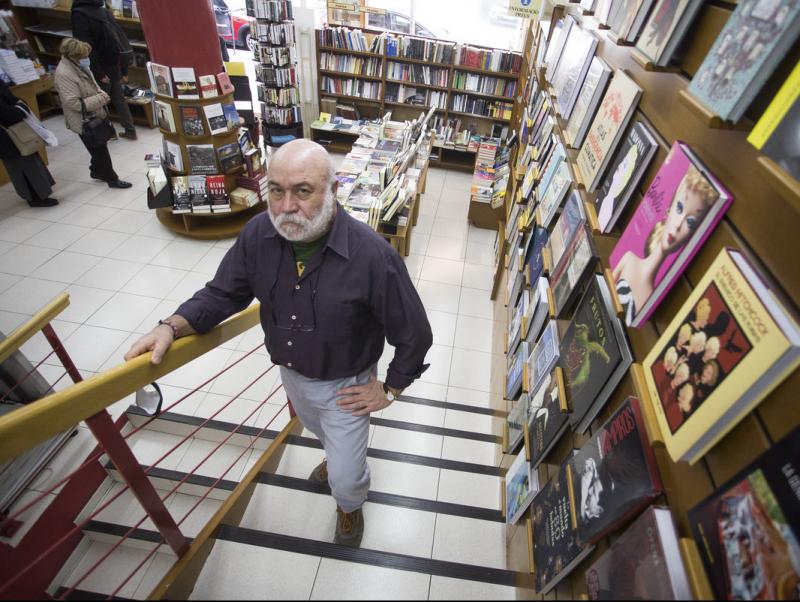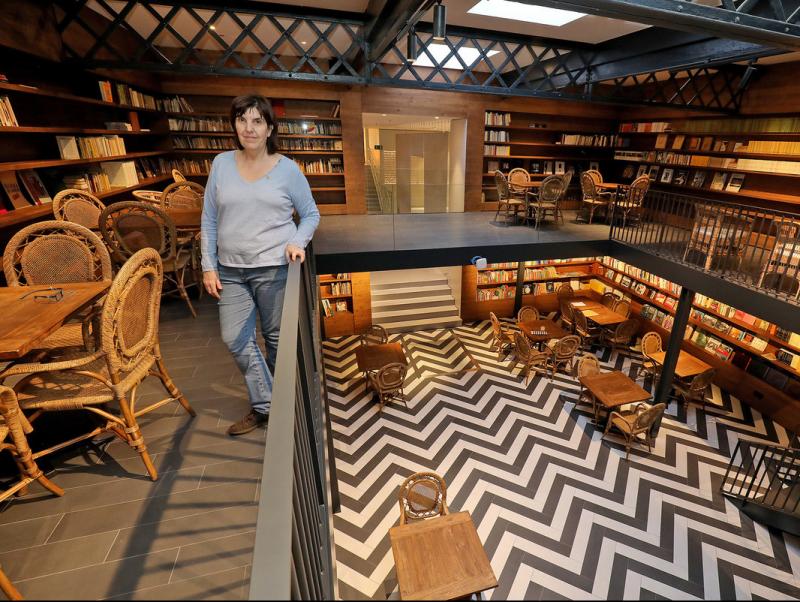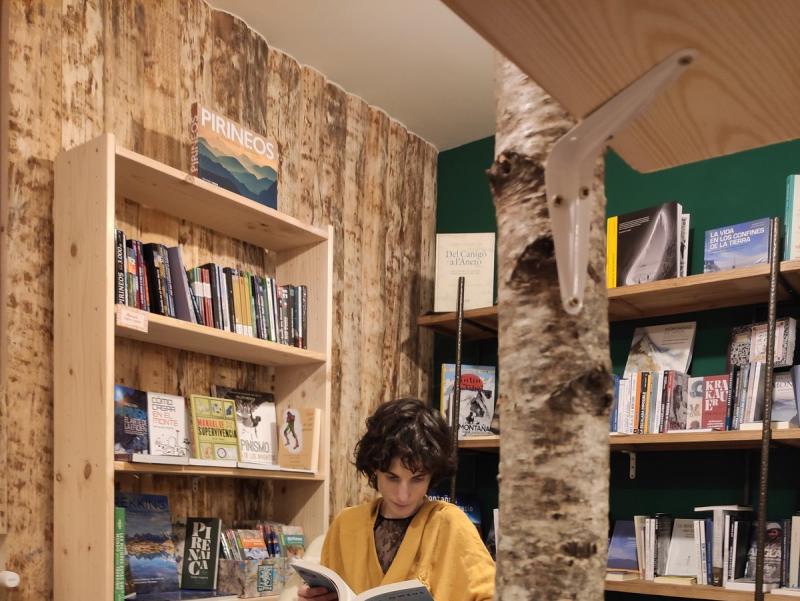News
Montsant - Fonts. LLIBRERIA GAUDÍ
Above business, activism
Gaudí is more than just a bookshop. Since its founding in 1965, it has played an active role in fostering Catalan culture and the anti-Franco struggle
How did the Gaudí bookshop come about?
It opened on February 13, 1965. Like others that sprang up in the country at that time, it was the result of several partners wanting to create a different bookshop, one committed to Catalan culture. So a group of investors decided to open the shop, which is still the same today. When it opened, it was even smaller, because part of it was dedicated to an art room. My father [Isidre Fonts] was the person they chose to put in charge. He was not a partner but ran the bookshop; after a couple of years it became clear that it wasn’t working. So father was left with the business and all the debts. He kept it going, with my mother [Maria Pallach], until he retired. He’s now 90 years old: he’s from 1931, he was born on April 11 and the Republic was proclaimed on the 14th! Now my sister and I run the bookshop.
Was it more than just a business?
Yes, we were in the midst of Francoism. My father was very much an activist and many things that were hidden in the underground and the anti-Franco struggle happened here. It was complicated, because he had inspections. Sometimes it was tricky for the people in the bookshop, who talked because they thought they were in a free space, but my father knew there was always an undercover policeman right outside the door, and he used to really worry about it.
He must have many other anecdotes like that.
Yes, there was often an undercover policeman monitoring who came in and out.
In 1998, the Catalan government wanted to award him the Cross of Sant Jordi, why did he refuse it?
He’s always believed in his country and always done everything for it. He refused the award because he didn’t want a medal that certain figures had been given but who he believed did not deserve it.
Now you sell books in Spanish, despite a commitment to Catalan culture.
This is our main commitment, but we have to be realistic. Catalan literature is superb, but when you leave literature behind, you get a bit stuck: art, psychology, such basic topics as parenting or motherhood, nature... If you want to stock what the customer needs, you also have to have books in Spanish.
Aside from computer tools, how has the profession changed?
The one-on-one and knowing how to advise the customer is the same, but the way of managing has changed a lot, both due to computer tools and publishers. Receiving orders has changed a lot. Years ago you had to have a lot of stock because it took a long time for orders to arrive. Everything’s been streamlined now, both in terms of computing and logistics.
How has the pandemic affected you?
We’re very pleased with how our customers have reacted. We participated in the Open Bookshops campaign, which was fabulous, and we were also one of the ones against people ordering books on big and little platforms, so as not to expose the riders to the virus. When we reopened on May 11, the bookshop was full of boxes of books that people had to pick up. And, aside from being financially good, it was morally important, because we felt we had support.
bookshops
Related news
Leave a comment
Sign in.
Sign in if you are already a verified reader.
I want to become verified reader.
To leave comments on the website you must be a verified reader.
Note: To leave comments on the website you must be a verified reader and accept the conditions of use.

